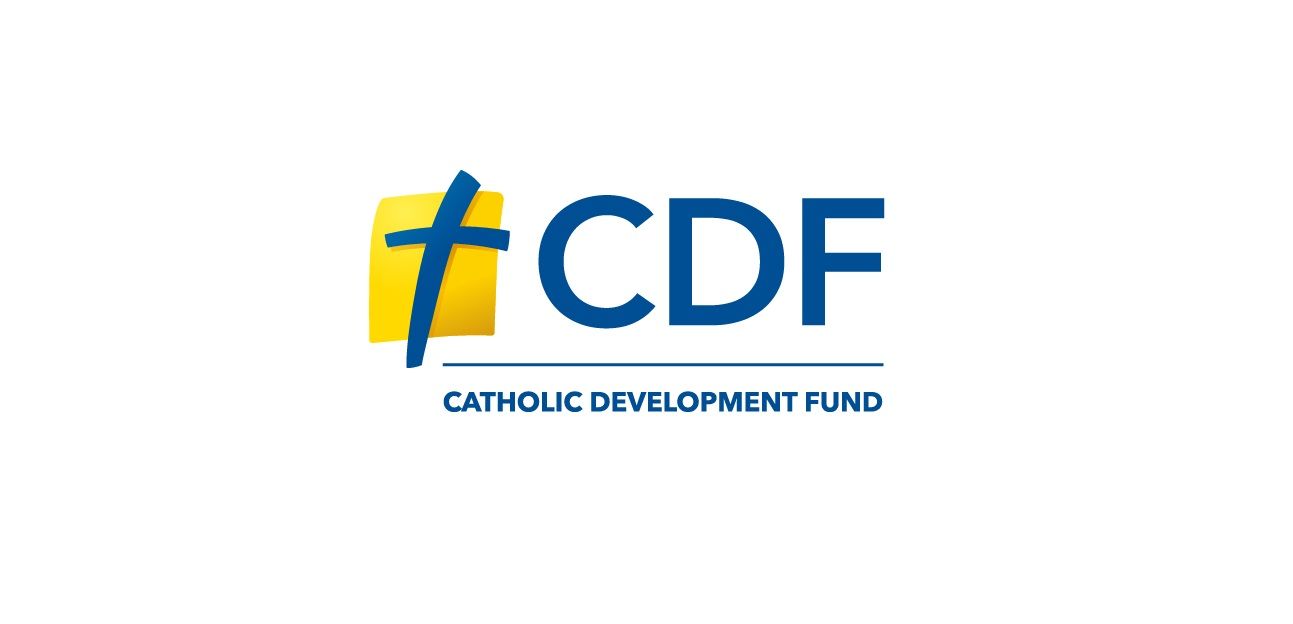As cybercrime continues to evolve, one concerning trend impacting CDF clients is the rise of Invoice Fraud, also known as Invoice Hacking or Invoice Redirection.
Invoice Fraud occurs when cybercriminals impersonate legitimate businesses and suppliers, intercepting emails containing invoices. These criminals send altered emails with invoices bearing their own bank account details, tricking recipients into making payments to fraudulent accounts.
The impact of Invoice Fraud has been significant. Since the Covid-19 pandemic, Scamwatch has reported that Australia's small businesses suffered losses of $14 million due to Invoice Fraud scams.
What makes Invoice Fraud particularly challenging to detect is its sophisticated nature, as there may be no obvious signs of a scam. Unlike traditional email scams, these fraudulent invoices often do not contain spelling mistakes or fake email addresses that would raise suspicions. Victims may remain unaware of the deception until weeks later when the genuine supplier contacts them to request payment, by which time their money has already been lost to cybercriminals.
To help safeguard your business against invoice fraud:
1. Always verify changes
When you receive requests to alter bank account details, email addresses, or payment information, take the time to verify these changes over the phone, using a contact number you already know or from the supplier's official website. Avoid using the contact information provided in the invoice, as it could be fraudulent. Human interaction during verification can minimize the risk of falling victim to invoice hacking.
2. Exercise caution and diligence
Avoid rushing or being pressured into making payments quickly; instead, carry out due diligence by double-checking the legitimacy and accuracy of the provided account details.
3. Review email addresses
Closely scrutinize any change requests to ensure they are not spoof emails. Look for any anomalies or inconsistencies in the email addresses, font or language, which could be indicative of fraudulent activity.
For more information, visit:
- Australian Government – Australian Cyber Security Centre
- Australian Competition and Consumer Commission (ACCC) – Scamwatch
We’re here to help
Cyber-scams will always be prevalent in the online world; but by working together we can help detect and prevent suspicious activity.
If you think you’ve been a victim of a scam or are worried about the security of your CDF accounts, contact us today.
Share this article:
Related articles


CDPF Limited, a company established by the Australian Catholic Bishops Conference, has indemnified the Catholic Development Fund ABN 15 274 943 760 (the Fund) against any liability arising out of a claim by investors in the Fund. In practice, this means your investment is backed by the assets of the Catholic Archdiocese of Melbourne. The Fund is required by law to make the following disclosure. Investment in the Fund is only intended to attract investors whose primary purpose for making their investment is to support the charitable purposes of the Fund. Investors’ funds will be used to generate a return to the Fund that will be applied to further the charitable works of the Archdiocese of Melbourne and the Dioceses of Sale and Bunbury. The Fund is not prudentially supervised by the Australian Prudential Regulation Authority nor has it been examined or approved by the Australian Securities and Investments Commission (ASIC). An investor in the Fund will not receive the benefit of the financial claims scheme or the depositor protection provisions in the Banking Act 1959 (Cth). The investments that the Fund offers are not subject to the usual protections for investors under the Corporations Act (Cth) or regulation by ASIC. Investors may be unable to get some or all of their money back when the investor expects or at all and investments in the Fund are not comparable to investments with banks, finance companies or fund managers. The Fund’s identification statement may be viewed here or by contacting the Fund. The Fund does not hold an Australian Financial Services Licence.



